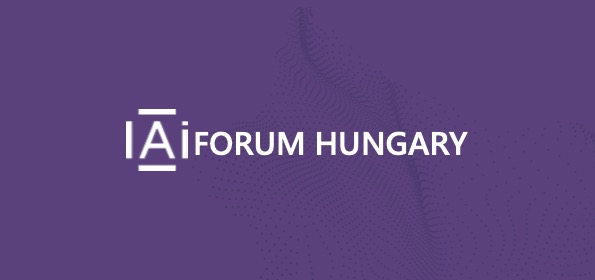THE CATHOLIC CHURCH AND THE ‘TECHNO-HUMAN CONDITION’: POPE FRANCIS AT THE G7
1st July 2024 – by Andrew Dolan
At the recent G7 Summit in Puglia, Italy, Pope Francis discussed developments in Artificial Intelligence (AI) with world leaders. He referenced what he described as the dangers and benefits of AI, based on algorithms which were neither objective nor neutral and that the ‘Techno-Human condition’, as a facet of what he described as “a true cognitive-industrial revolution”. Indeed, what we might be witnessing was no less than a “true cognitive-industrial revolution”. Complex change, he argued, epochal in import, must, therefore, be anticipated.
This was an important intervention. For some commentators, this was no more than a reading, albeit an informed reading, of the signs of the times. However, more seasoned officials associated with the Church were quick to point out a continuity of many decades in relation to the study of the impact and implications of technology on society.
For some years now, the Catholic Church has spoken out against the evolution and development of Lethal Autonomous Weapon Systems (LAWS), especially at the United Nations (UN). Apart from the lethality of such weapons, the Church has been wary of the idea that they might be capable of independent operation – in short, making life or death decisions with no human control or oversight. The Church is no stranger to debate about technologies that have been ‘weaponised’ but AI seems to highlight the dual-use nature of many of these technologies, perhaps with an eye to the malicious use of AI.
However, there has been a notable pivot of late towards some of the other risks and challenges associated with AI, ranging from economic concerns and technologically driven consumerism to what the Church sees as a significant decay in individual values, behaviour and general concepts of what it means to be human. Church theologians, philosophers and scientific and technical researchers have studied numerous aspects of AI-enabled bioengineering for example and has built up a considerable corpus of expertise on bioethics.
It should be no surprise that Pope Francis has engaged politically on this topic. The Vatican has made plain their view that a regulatory framework is necessary if the worst fears and excesses of AI are to be avoided.
For Francis and the Church, this will mean supporting a more active engagement with ‘Big Tech’ leaders as well as economic, political and social leaders. Much of the focus will clearly reflect concerns about the dual use nature of AI applications but equally, to try and influence the search for meaningful regulation. The Catholic Church is no stranger to the question of how best society can accommodate and live with the change brought about by new technologies. It has reflected deeply on the reshaping of minds, bodies and habits from addiction and dependencies ushered in on the back of technology and promises of utopian societies.
Of course, understanding is one thing but finding a solution is another and I think this explains a slight departure in Catholic thinking on some aspects of AI – namely, what is the ultimate purpose behind some of these ‘frontier’ developments? Could more familiarity with the drivers of some of these developments, including genetic experimentation and sequencing, gain of function medical research and attempts to transfer brains from humans to machines, influence how we think about regulation?
Pope Francis and the G7 leaders will certainly not have all the answers but perhaps the ability to identify and ask the right questions might help frame where we look for solutions.
